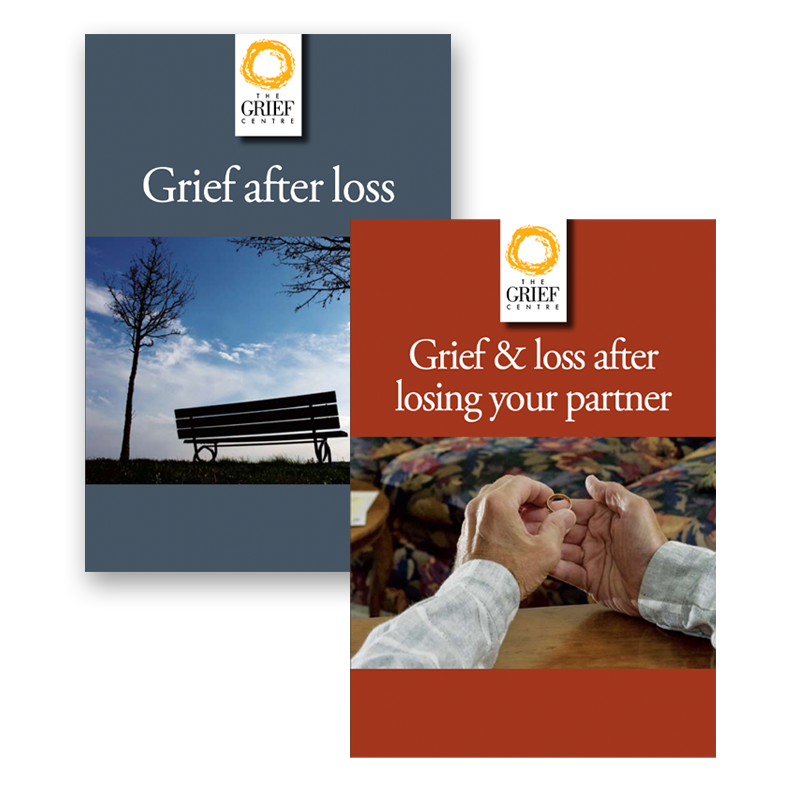Support in loss & grief
The Care Team at Harbour Hospice are here to work with you and your whānau to understand and process your grief.
We can support you from the moment someone in your life is diagnosed with a life-limiting illness, through to the bereavement period.
This section contains information on bereavement and how emotions can affect our behaviour, and ways Hospice can help you, including counselling, support groups and even capturing special memories through our Life Stories team.
It's good to talk about death and dying
Death can be a difficult topic for many people. We often don’t know what to say to friends or family when they’re grieving, and those who are dying sometimes struggle to express what they’re feeling. We want to support people to talk about death more freely, in the hope that with more knowledge about what to expect, you may worry less.
Counselling support for you
Counselling offers you an opportunity to safely explore your thoughts and feelings with a professional counsellor, in total confidence. We offer support on a one-to-one basis, with families or in groups. We can help families to talk with children and young people about death and dying, and provide resources, such as books, written for children and young people.
We also provide a range of bereavement programmes for families, whānau and carers.
Carer programme
Our Carer programme helps you connect with others and learn how to care effectively for your loved one. The programme focuses on key areas such as nutrition, personal care and hygiene, movement, the Hospice care team, and community resources. It also gives you an opportunity to meet others whose circumstances are similar to your own. Ask a member of your care team about what’s available in your area.
How emotions can affect us when grieving
Grieving begins when someone we care about receives a life limiting diagnosis. As a carer, we are not only dealing with a new role, we may also be managing emotions of anticipatory loss. We may be faced with changes in daily routine and loss of dreams for the future, as well as the decline in health and mobility of the person we are caring for. As more time is spent in the caring role, we may feel more losses. You find yourself reacting in ways that are out of character; here are some behaviours and emotions you may recognise in yourself.
Life Stories
Sharing and collating special memories and moments with our Life Story team is not only an incredible way to reflect on your life, but it also serves as a treasured keepsake for your family and future generations to come.
The very special people who help capture your most-loved memories can work with you, or with family / whānau after a loved one's death.
Ask any member of your Care Team for more details.
Grief is a normal reaction to loss and anticipated loss. Grief is like a fingerprint, unique for everyone, yet many of us will experience some common responses. You and your partner may be grieving the loss of a normally healthy body, independence, or the future loss of their life, and your grief may show up in unexpected ways, including:
- Anger with doctors and nurse for not doing enough
- Anger at yourself for not taking more ‘heroic’ steps
- Sleeping too much or not enough
- Changes in appetite
- Feeling that no-one understands what you’re going through
- Feeling that friends should call more, or just leave you alone
- Buying things you don’t need
- Considering selling everything and moving
- Experiencing headaches, stomach ache, weakness, lethargy, aches and pains
- Being forgetful, confused or uncharacteristically absent-minded
- Panicking over little things
- Feeling guilty about things you have or haven’t done
- Calling friends and then wanting to hang up
- Feeling crabby and irritable
- Not wanting to attend social functions that you usually enjoy
- Anger at being left alone
- Difficulty in concentrating
- Unable to remember what you just read
- Feeling overwhelmed and that you can't manage one more thing.
For support in dealing with any of these signs of grief, please get in touch with your friendly Hospice Care team.
Coping with grief on special dates
Coping with grief during milestones such as birthdays, anniversaries and religious celebrations can be emotionally intense and difficult. The following ideas have been proven to help people cope with these feelings.
Holidays, birthdays and other celebrations can be particularly painful for someone who is grieving. These tips may help you to not only cope through this challenging time, but also to help those around you:
- Be gentle with yourself. Give yourself permission to say no
- Laugh if you feel like it; cry if you need to. Laughter may follow tears and all of it is perfectly OK
- Do what feels right. If the traditional approach is not for you, consider an alternative
- Let others help (this is often hard to do!). Make a list of things that need doing and put it on the fridge. When someone asks how they can help, let them choose a task from the list
- Speak about the good times. Remember someone who has died by speaking their name and sharing stories about them
- Make new traditions. Some people set a place at the table, light a candle or hang a stocking for their absent loved one
- At Christmas, you could place a card on a Hospice Tree of Remembrance which can be found within the community or at selected local Farmers stores. (Details on the Hospice Tree of Remembrance can be found on our events page from November onwards each year).
RESOURCES

Grief after Loss
Although grief is a very individual process, many people experience similar emotions. The Grief Centre has produced some booklets with information and ideas that you may find helpful at this challenging time. Click on the links below to access these booklets. If you would like a hard copy, please contact the hospice Family Support Team.
Other resources
Bereavement Groups
After a loved one dies, many people find it helpful to attend one of the
Harbour Hospice Bereavement Groups.
These groups are facilitated by a member of the Patient and Family Support Team and provide connection, sharing and education about grief. They include a Men’s Group at the Hibiscus site.
Carer Programmes
Find out more about Hospice’s Carer programmes here.
Carer Stories
Hearing from other carers may help you realise that you are not going through this alone.
Here you can watch and hear about the experiences of people who care, or have cared, for someone.

Te Kahu Pairuri mai i Takarunga ki Te Hana